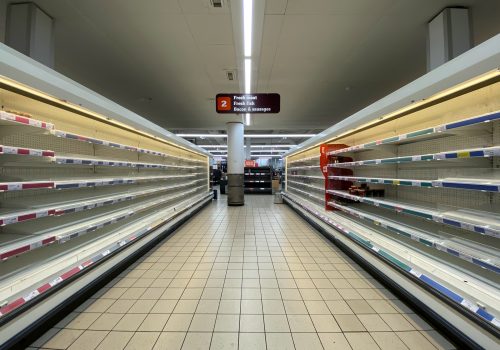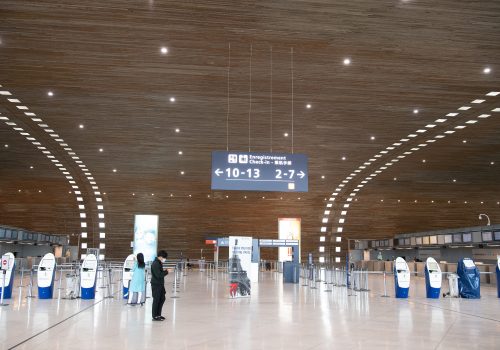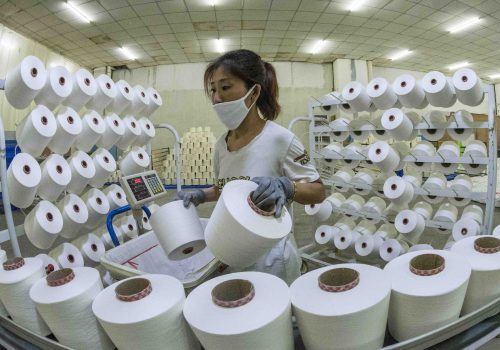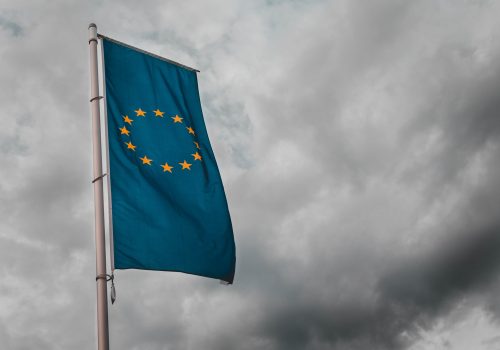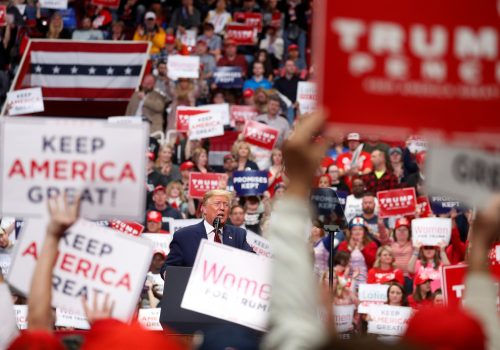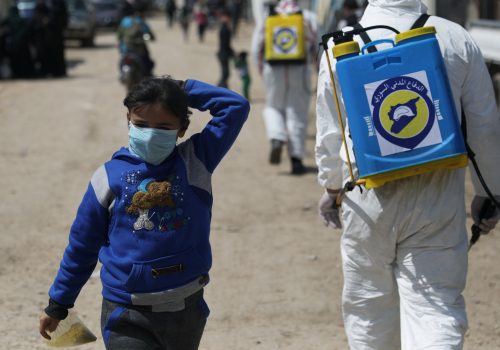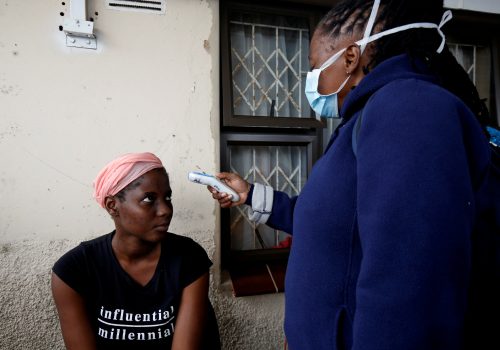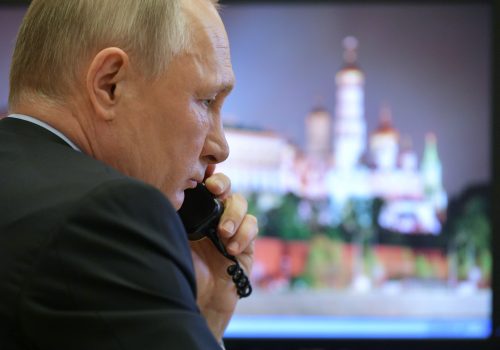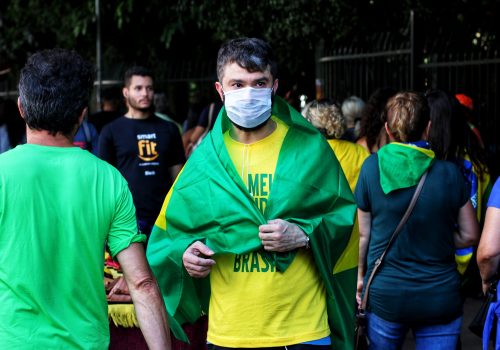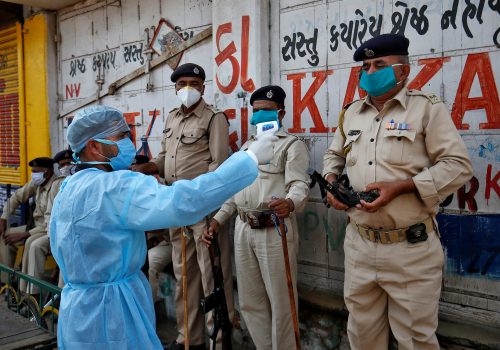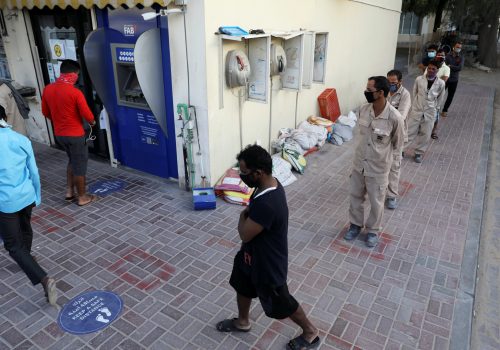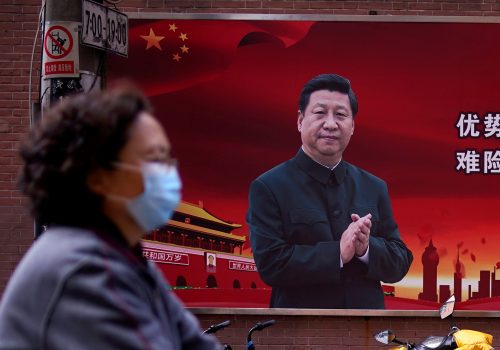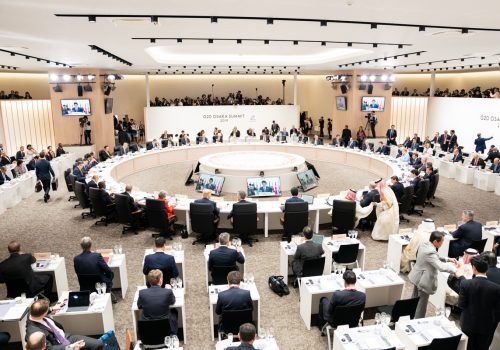What world post-COVID-19? Three scenarios
The COVID-19 pandemic presents a substantial shock to the postwar order, established by the United States and its allies. For the past 75 years, the United States and its partners have led a rules-based system predicated on liberal democratic values, an open and thriving global economy, and formal institutional bodies backed by powerful democratic states. But this order has not gone unchallenged, and the current pandemic threatens the future of the system at large. A downturn in Western economies could boost a rising China, while a global depression could breed support for protectionism. International bodies designed to safeguard public health appear weak and unable to contain the crisis, and alliances with transatlantic partners are fraying as nations turn inward and close borders. Sustaining and revitalizing the rules-based order that has guaranteed freedom, prosperity, and peace for decades requires a decisive global and US-led response to the pandemic.
This paper is a preliminary look at the geopolitical implications of a crisis that is still unfolding. Three scenarios are sketched out for the possible direction of the global system post-COVID-19. The Scowcroft Center’s Foresight, Strategy, and Risks Initiative will continue to follow the course of the coronavirus, paying close attention to its geopolitical, economic, and social implications. In a situation of intense crisis, scenarios help to reduce the scope of possibilities, decrease uncertainty, and make the different options more visible. In using scenarios as a tool to manage deep uncertainty in a complex, volatile environment, the United States and its allies and partners can be more strategically agile and make better long-term decisions that protect and advance common interests.
The full text of the paper is split across the various articles linked below. Readers can browse in any order. To download a PDF version, use the button below.
